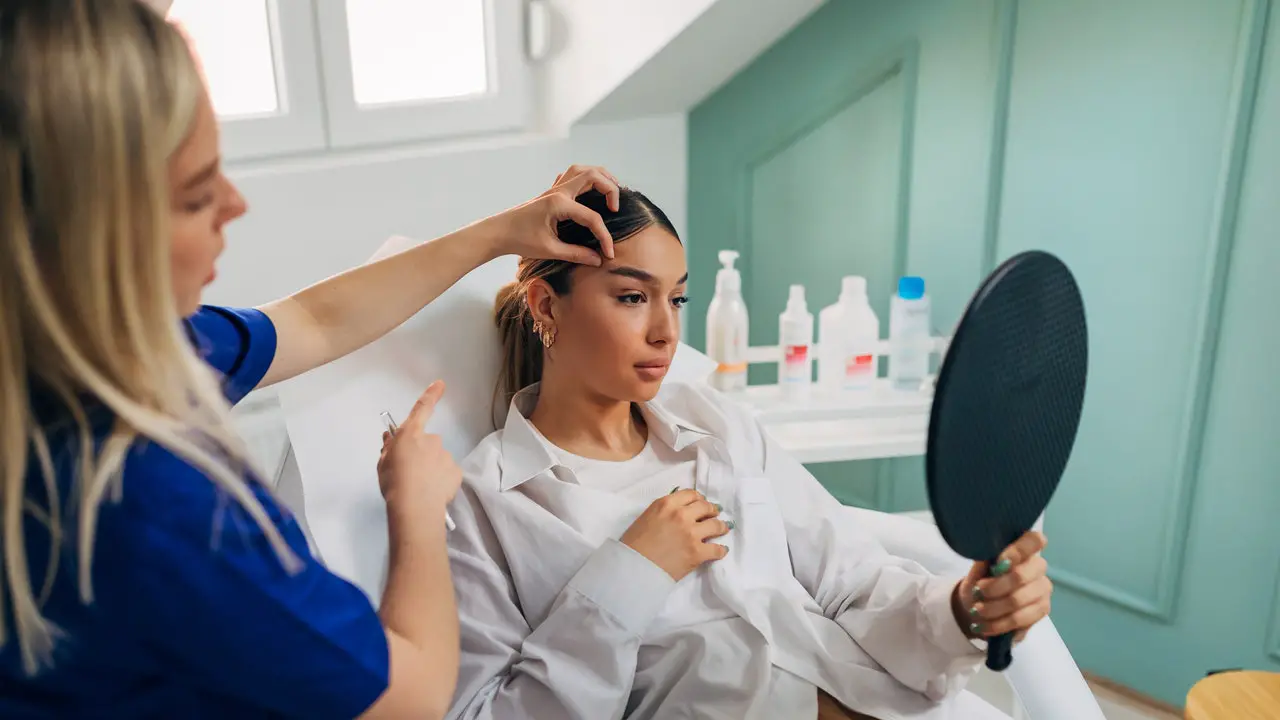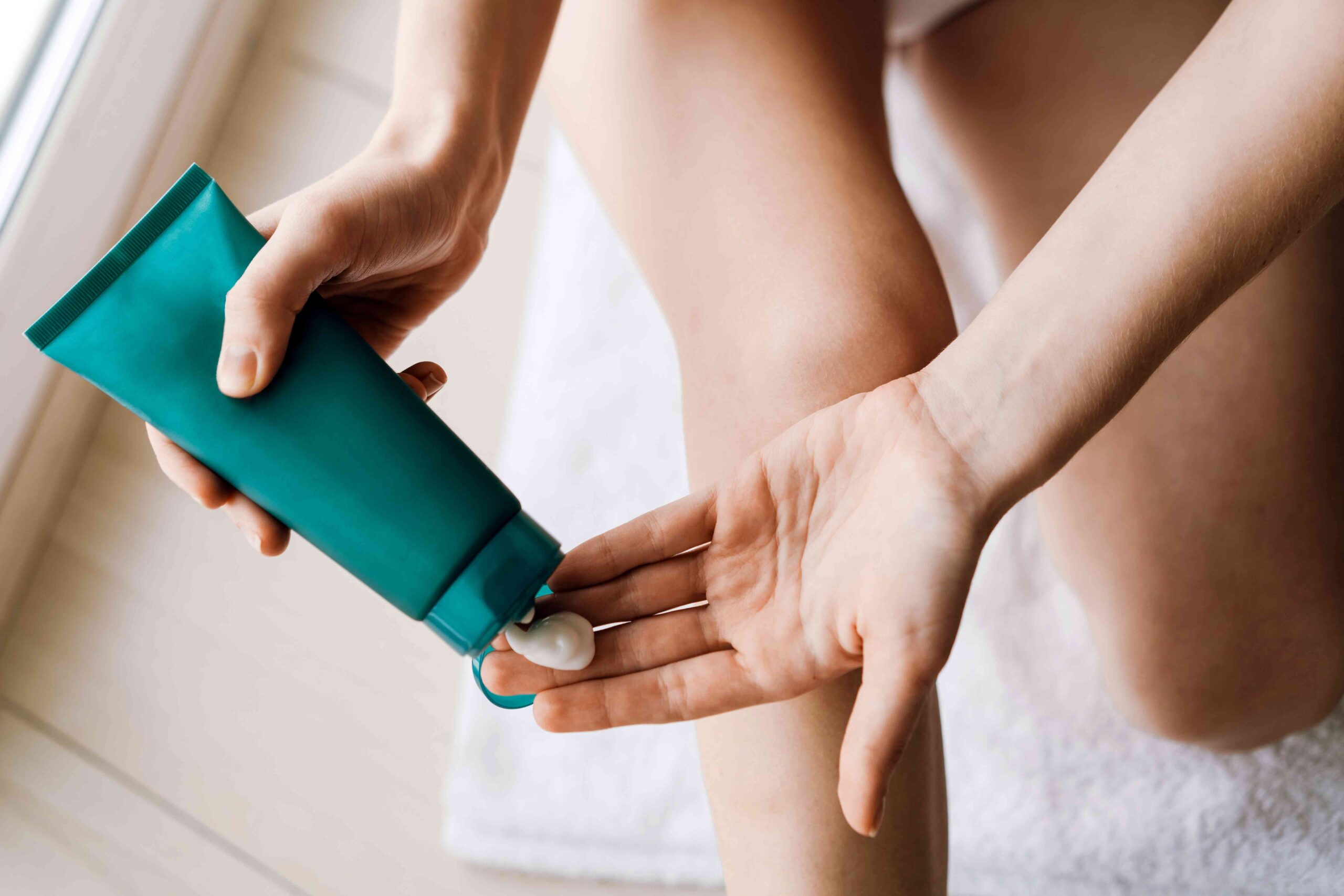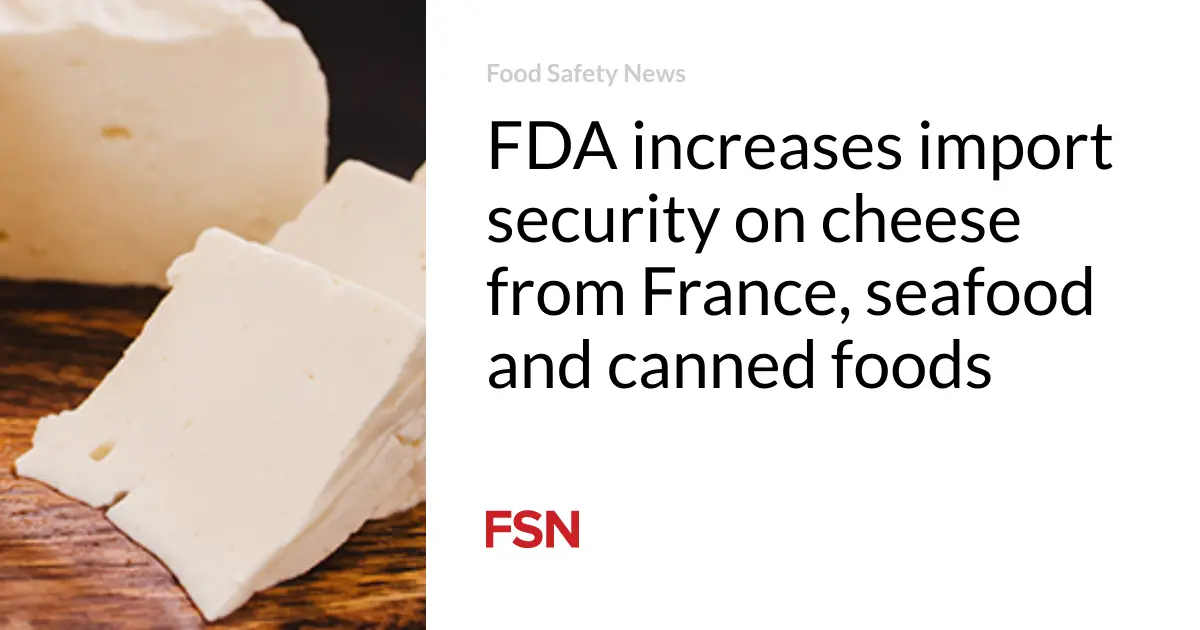
“You need to know you’re going to a licensed health care provider,” says Dr. Frank. “Are they a doctor? Are they a nurse? Are they a physician assistant? If they are an esthetician or anything else, they are not licensed to purchase or inject any form of legal or illegal Botox.”
While injector eligibility also differs state by state, you typically want to find a physician (MD or DO), nurse practitioner (NP), physician assistant (PA), registered nurse (RN), or dentist (DMD or DDS).
“In rarer cases, aestheticians may be legally allowed to perform cosmetic injections,” says Rachel Westbay, MD, board-certified dermatologist at Marmur Medical, while nonphysician injectors may be required to have physician oversight. “However, just because an injector is legally allowed to offer cosmetic injections does not mean they have the medical knowledge or aesthetic sensibility to provide excellent and safe outcomes,” she clarifies.
Research online.
Don’t take just your injector’s word for it; look them up online. “Word of mouth is important, but unfortunately, that’s how counterfeit injectors get most of their patients: solely through word of mouth,” Dr. Frank says. “Always do research on the name of the injector.”
Remember: Having thousands of Instagram followers does not necessarily mean someone’s qualified: “Word of mouth and personal referrals should be one of the most important factors in selection, much more so than social media presence,” says Dr. Westbay.
Ask what you’re having injected.
Once you’ve made sure you’re being treated by a licensed health care provider, find out what type of botulinum toxin you’re having injected in you. “There are several brand names: Botox, Xeomin, Dysport, Jeuveau, Daxxify,” Dr. Frank says. “There are five in the U.S. market. For people that are very unsure or cautious, you could even ask to see the bottle.” No licensed injector is going to have a problem with your double-checking.
Receive Botox only in medical settings.
“The number one red flag would be an injection performed by someone who is not board-certified in an aesthetic specialty or one that does not take place in a formal medical setting,” says Dr. Westbay. “For instance, Botox parties are becoming increasingly popular. These injection parties, which happen in someone’s home, are a real risk. It is not uncommon for the injector in this circumstance to not practice an aesthetic specialty (derm, plastics) and not have received any formal, thorough training in the subject.”
According to Dr. Westbay, “These injectors are more likely to seek a discounted product of unknown source, which is more likely to be counterfeit.”
The same is true of cosmetic tourism, she adds, meaning “those who travel abroad to seek discounted rates on cosmetic procedures.” These practitioners are more likely to obtain products from an untrusted, illegitimate source.
If the price is too good to be true, it probably is.
“Often, if the cost seems too good to be true, it probably is,” Marisa Garshick, MD, a board-certified dermatologist at at MDCS Dermatology, says of inauthentic injectors. “When practices purchase Botox, or other neuromodulators, from the company that manufactures it, there is a cost to the product. If someone is able to charge less than the product actually costs to purchase, it is important to question how they are getting it, and chances are it is because they are not getting the product from a reputable source.”








